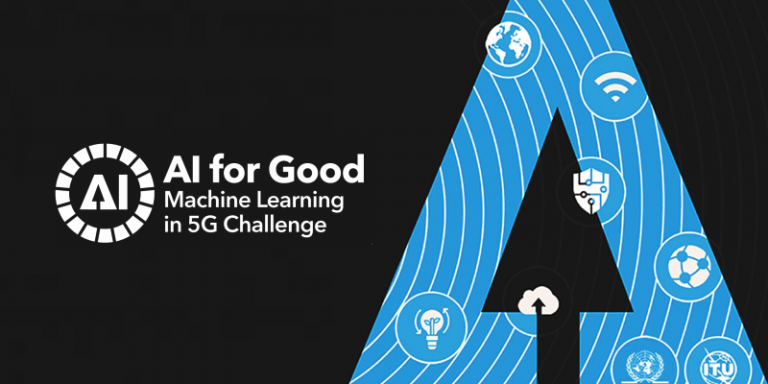
“How to apply ITU’s ML architecture in 5G networks” is the theme of the second global ITU AI/ML in 5G challenge launched by ITU, International Telecommunication Union as part of the AI for Good project. There is no doubt that AI/ML will play a major role in the operation of communications networks, including 5G. The ITU is studying the best way to optimize its use and has therefore launched this challenge, the final of which will take place on December 14.
Community building and confidence-building are at the heart of ITU’s work, with 193 Member States and more than 900 companies, universities and international and regional organizations around the world.
The first edition of the Challenge took place in 2020, with over 1300 students and professionals from 62 countries participating. It provided a framework for participants to
apply the ITU Machine Learning Toolkit to find solutions to real-world problem statements.
ITU standards are developed by a community of stakeholders, which promotes
mutual understanding, enabling stakeholders to move forward together, and are therefore the result of international collaboration. ITU’s new standards
standards for AI and machine learning provide tools to integrate these technologies into 5G and future networks as they evolve.
5G networks represent major advances in the industry and will
The 5G networks are major advances in the industry and will address the unique needs of a wide range of applications across all industries, but are becoming increasingly complex and sophisticated. AI and machine learning will play a key role in addressing this complexity.
Qiang Cheng, Artificial Intelligence Industry Alliance (AIIA), China, stressed at the end of the 1st edition:
“This competition gives visibility to the potential of machine learning as a vehicle for smart grid development. It encourages a growing number of researchers and engineers to conduct research and development on smart grids, and brings together operators, suppliers, researchers, students and interested communities to build more flexible, efficient, green and resilient grids.
By integrating AI into its services, a network evolves and becomes capable of delivering better social, business and technological services. The Artificial Intelligence Industry Alliance will continue to support ITU in hosting challenges to encourage the convergence of AI technologies to network infrastructure and services.”
Participants in this second challenge had to be able to solve real-world problems based on standardized technologies developed for ML in 5G networks. Teams were required to enable, create, train and deploy ML models (so that participants gain hands-on experience with AI/ML in 5G-related domains). Participation was open to ITU Member States, Sector Members, Associates and academic institutions as well as anyone from an ITU member country.
The presentation of the shortlisted teams (finalists) was scheduled for 30 November to 2 December 2021 in Geneva. The jury evaluated these teams at a public event. The ITU AI/ML in 5G Challenge has set up prize pools of different sizes to reward the teams and outstanding certificates totalling CHF 20,000 (about 19,000 euros).
The award ceremony will take place on December 14.
Financial support for future editions?
Xilinx and the Ministry of Science and ICT of the Republic of Korea are supporting this initiative, but some participants have raised financial concerns about their participation in this time-consuming competition.
Reinhard Scholl, Deputy Director of ITU’s Telecommunication Standardization Bureau, said:
“We hope to be able to offer computing resources next year to participants who do not have the support of a rich university or company. Training machine learning models can be very time consuming, and several participants have informed us that they don’t have the resources to run meaningful models. So we are working on that.”
Translated from La deuxième édition du concours de l’UIT AI/ML in 5G vise à prouver l’importance de l’IA en médecine









